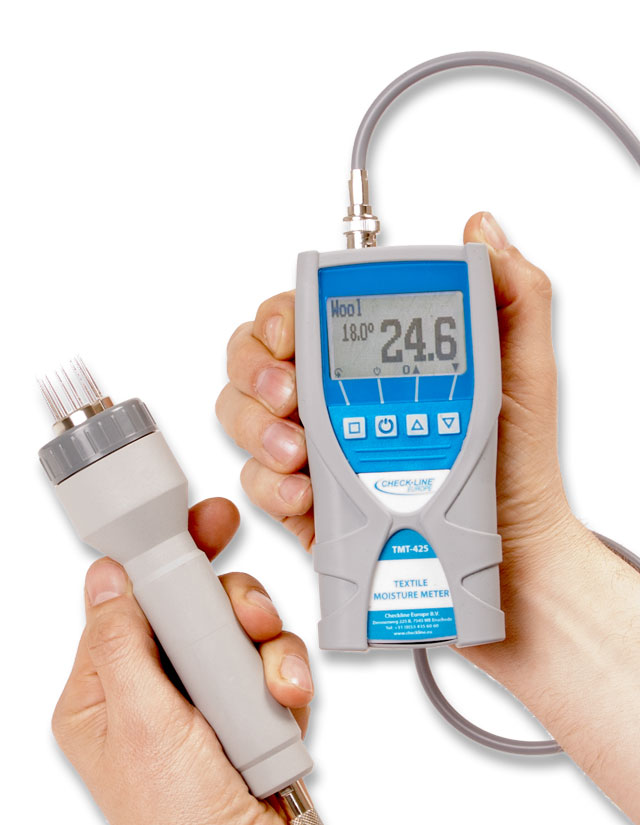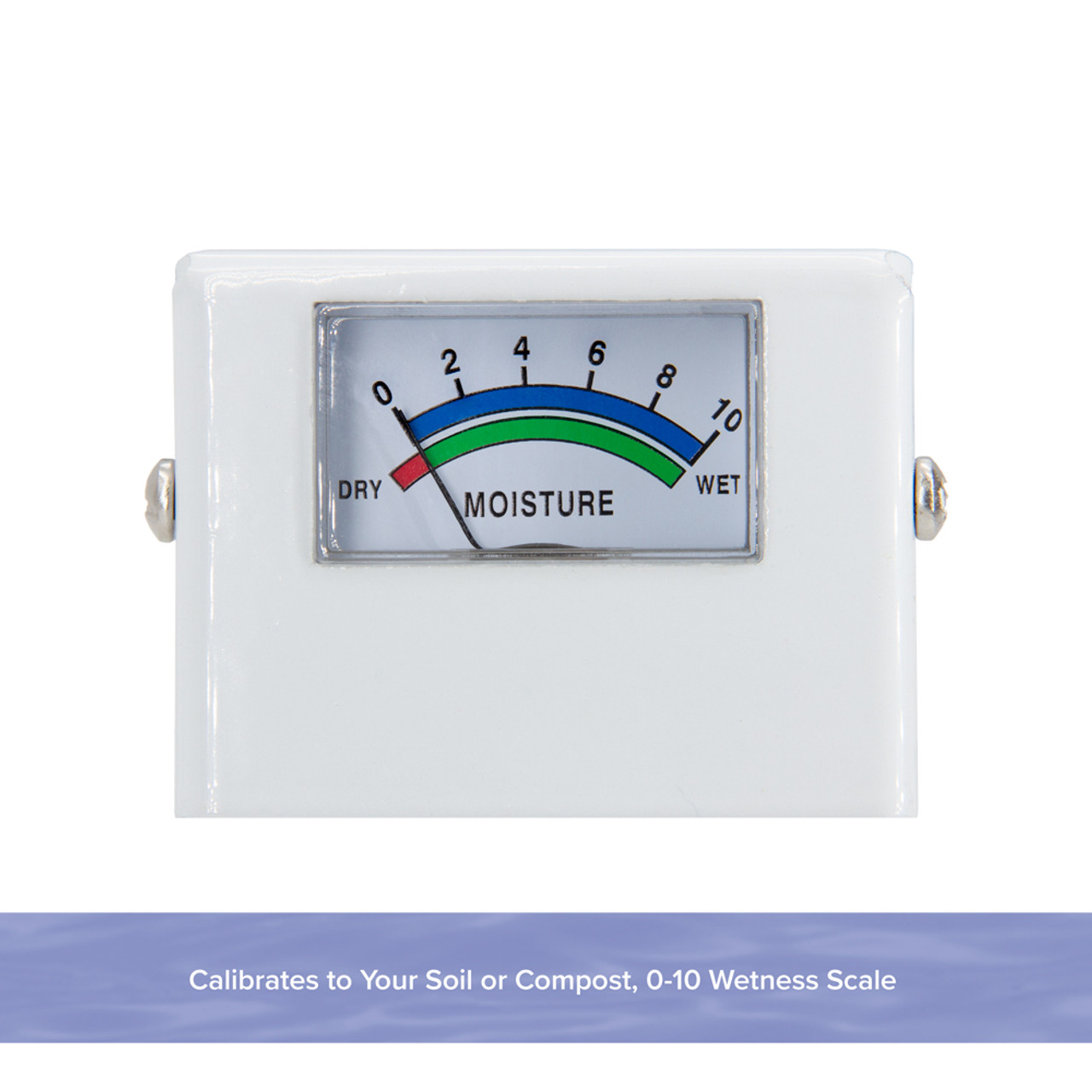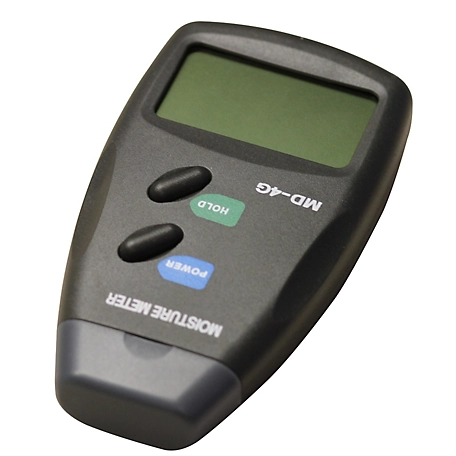Comprehending the Various Types of Moisture Meters and Their Applications
The Ultimate Guide to Moisture Meters: A Comprehensive Overview and How They Can Conserve You Cash
In the world of structure upkeep, construction, and different sectors, the importance of properly measuring moisture levels can not be overstated. Moisture meters serve as important tools in identifying and keeping an eye on moisture content in products, assisting in avoiding pricey problems and guaranteeing the quality of products. Comprehending the nuances of various sorts of dampness meters, their applications, and the potential cost-saving benefits they use can be a game-changer for services and experts alike. Discovering how these devices can not just enhance processes but also add to economic cost savings is a journey worth embarking on.
Sorts Of Moisture Meters
Various sorts of dampness meters are offered for various applications in various sectors. One usual kind is the pin-type moisture meter, which gauges the electrical resistance between two pins put right into a product. This kind appropriates for timber, drywall, and various other structure products. Pinless moisture meters, on the other hand, usage electro-magnetic sensing unit plates to check a larger location without creating damage to the product's surface. These meters are perfect for swiftly examining dampness degrees in big locations such as walls and floorings.
In addition, there are likewise specialty moisture meters made for certain materials like grain, hay, or soil. These meters provide exact wetness analyses customized to the one-of-a-kind properties of the product being tested. Infrared dampness meters determine the thermal residential properties of a product to establish its dampness content non-invasively, making them beneficial for applications where pin or pinless meters might not appropriate. Recognizing the various sorts of dampness meters offered can aid sectors pick one of the most ideal tool for their certain dampness dimension requirements.

Benefits of Utilizing Moisture Meters

In addition, making use of wetness meters can result in raised power performance. By identifying locations with high wetness levels, such as leaks or poor insulation, adjustments can be made to boost power conservation and minimize energy costs. In agricultural settings, wetness meters play a vital role in enhancing crop yields by enabling farmers to keep an eye on soil dampness degrees and make informed irrigation choices. In general, the benefits of using dampness meters span across different sectors, giving affordable options and advertising better quality assurance practices.
Just How to Pick the Right Moisture Meter
Selecting the proper dampness meter includes considering crucial factors such as material compatibility, measurement variety, and calibration precision. When choosing a wetness meter, it's vital to make certain that the meter appropriates for the specific material you will be screening. Various products have differing electric homes that can affect wetness analyses, so selecting a meter designed for your material is essential for precise results. Furthermore, take into consideration the measurement variety of the moisture meter. Guarantee that the meter can identify dampness degrees within the array required for your applications. Calibration accuracy is one more critical element to remember (Moisture Meter). Decide for a wetness meter with reputable calibration to make sure consistent and exact analyses. Some meters may require periodic calibration changes, so understanding the calibration procedure is essential. By very carefully assessing these elements, you can choose a dampness meter that fulfills your demands and supplies precise moisture dimensions for your jobs.
Proper Techniques for Moisture Meter Usage
To guarantee precise wetness analyses and make best use of the performance of a wetness meter, employing proper methods is vital. When using a pin-type moisture meter, put the pins or probes into the material being examined up until they make full call. Guarantee the pins are perpendicular to the surface area to obtain one of the most accurate analysis. For pinless wetness meters, hold the gadget level versus the material and move it gradually to cover the entire area for a typical reading. It's crucial to calibrate the wetness meter according to the material being evaluated to improve accuracy. Take several readings throughout the surface area and average them out for an extra reputable result. Furthermore, ensure that the product being examined is adjusted to the atmosphere to prevent manipulated readings. Routine maintenance of the moisture meter, such as cleaning the pins or sensor, is likewise essential to make certain accurate and constant readings. By following these appropriate strategies, customers can rely on their wetness meter to offer trustworthy dampness levels, helping in preventing costly damage or guaranteeing top quality in various applications.

Price Financial Savings With Moisture Meter Applications
Exactly how can the critical use of moisture meters lead to considerable cost financial savings throughout different sectors? In the farming sector, dampness meters aid in identifying the optimal time for collecting crops, protecting against over-drying or excess dampness that can affect the final product's top quality.

Furthermore, in his comment is here the food processing market, moisture meters are vital for keeping track of product top quality and making sure conformity with safety and security guidelines. By precisely determining moisture web content in food items, suppliers can prevent perishing, keep quality, and reduce waste, resulting in significant price savings. On the whole, the calculated application of dampness meters is a valuable investment that can bring about considerable cost decreases and enhanced effectiveness across different industries.
Final Thought
To conclude, moisture meters are useful devices for discovering and measuring dampness levels in various materials. By utilizing the best moisture meter and adhering to correct methods, users can successfully stop expensive problems brought on by excess moisture. Spending in a quality moisture meter can bring about significant cost savings in the lengthy run by determining possible issues beforehand and enabling prompt remediation. Inevitably, moisture meters are crucial instruments for preserving the stability and durability of products and frameworks.
Wetness meters serve as crucial devices in detecting and checking moisture material in products, helping in preventing costly problems and making sure the quality of items. Infrared dampness meters determine the thermal residential or commercial properties of a material to establish its moisture web content non-invasively, making them valuable for applications where pin or pinless meters might not be appropriate.Wetness meters supply vital advantages in accurately keeping track of and evaluating dampness degrees in varied products and atmospheres. In farming setups, moisture meters play an important role in maximizing plant returns by making it possible for farmers to keep an eye on soil dampness degrees and make informed watering choices.In verdict, moisture meters are important tools for detecting and gauging visit this site moisture levels in various materials.